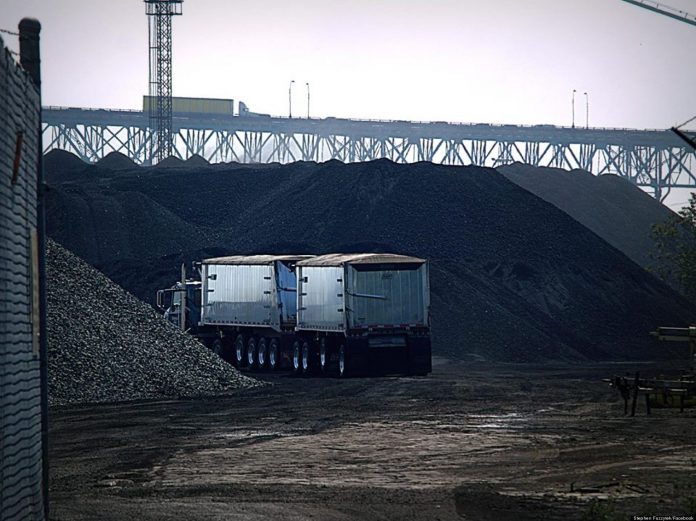KARACHI: Supreme Court of India has recently upheld the ban on the use of hazardous petroleum coke (pet coke) in and around National Capital Region (NCR) and its spillover effect is expected to also affect Pakistan’s cement industry.
The decision of banning pet coke came after the neighbouring country endured record levels of smog in its capital Delhi and other major centres of India. Growing public health crisis increased pressure on the authorities to find a solution. Responding to the concerns, a ban was imposed on the use of hazardous pet coke in and around National Capital Region (NCR) covering the states of Rajasthan, Uttar Pradesh and Haryana.
Though the ban is limited to NCR region and may not be a major concern for now, however, it might be extended to the entire country. This could lead to higher demand for alternative fuels, especially coal, which could create upward pressure on global coal prices.
“The Pakistani cement industry could expect two major implications in the aftermath of the Supreme Court’s decision in India. First, it is expected that fuel and power costs would rise as global coal prices could see upward pressure due to incremental demand from India. Secondly, there could be an opportunity for Pakistan to increase its cement exports to India due to the potential increase in Indian cement prices on account of switching from pet coke to expensive coal,” Insight Securities chief financial analyst Zeeshan Afzal, said.
India is the world’s biggest consumer of petroleum coke (a dirtier but cheaper alternative to coal), which emits 11 per cent more greenhouse gases than coal. Now with the ban in place, the industry is believed to switch to alternative fuels (coal, gas, etc.).
However, according to industry reports, the majority of Indian plants only support coal as an alternative fuel source. As per calculations, 40 million tonnes of incremental coal would be required to replace India annual pet coke demand of 27 million tonnes due to a lower calorific value of coal.
This could create an upward pressure on global coal prices, thus increasing fuel and power costs for Pakistan Cement manufacturers. It is noteworthy that for Insight Securities (ISL) Cement universe, every $ 5 per tonne increase in coal prices results in a dent to FY2018 Earning per Share (EPS) in the range of 2.7 per cent to 4.7 per cent.
Indian cement industry utilises 75 per cent of the total 27 million tons annual pet coke consumption in the country. Post ban, fuel and power costs of the Indian cement players would surge by 15 to 20 per cent as a result of substitution from pet coke to coal, according to various reports.
The impact will be more severe on players operating in the northern region since these companies have a higher dependence on pet coke compared to pan India players.
Pakistan exported 1.3 million tonnes of cement to India representing 27 per cent of the total exports in FY2017. Moreover, Pakistan borders India from its North West, therefore, this ban can act as good news for Pakistani cement players. However, it would depend on whether Indian cement players pass on the impact of increased costs to the consumers.
India’s annual demand for pet coke has nearly doubled over the past four years to more than 27 million tonnes. The country imports about 14 million tonnes annually, mainly from the United States.
As far as the cement industry is concerned, cement producers in the past few years have increased the composition of pet coke compared to coal in their fuel mix. On an average, more than 70 per cent of the fuel requirement of cement makers is met through pet coke.
Pet coke is extremely polluting but has a better quality and has higher calorific value. One kilogram of pet coke produces 8200 kcal as compared to 6000 kcal of coal for the same amount. Increased Clean Environment Cess from INR 200 to INR 400 per tonne levied on coal expedited the shift to pet coke.




